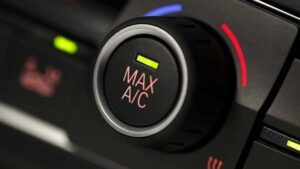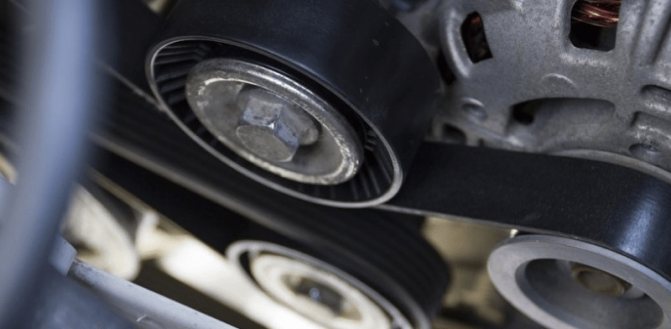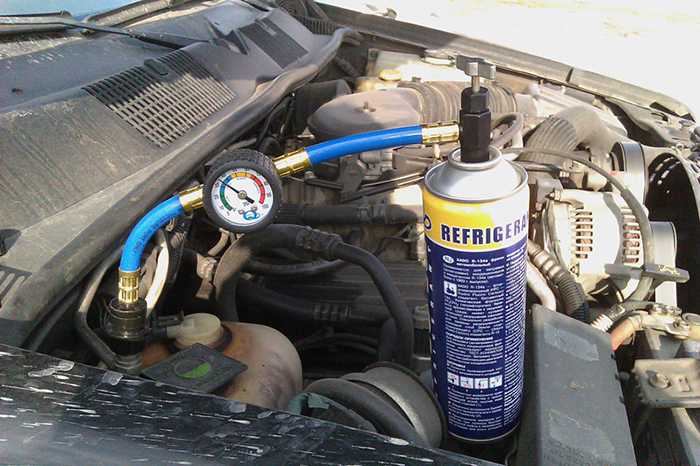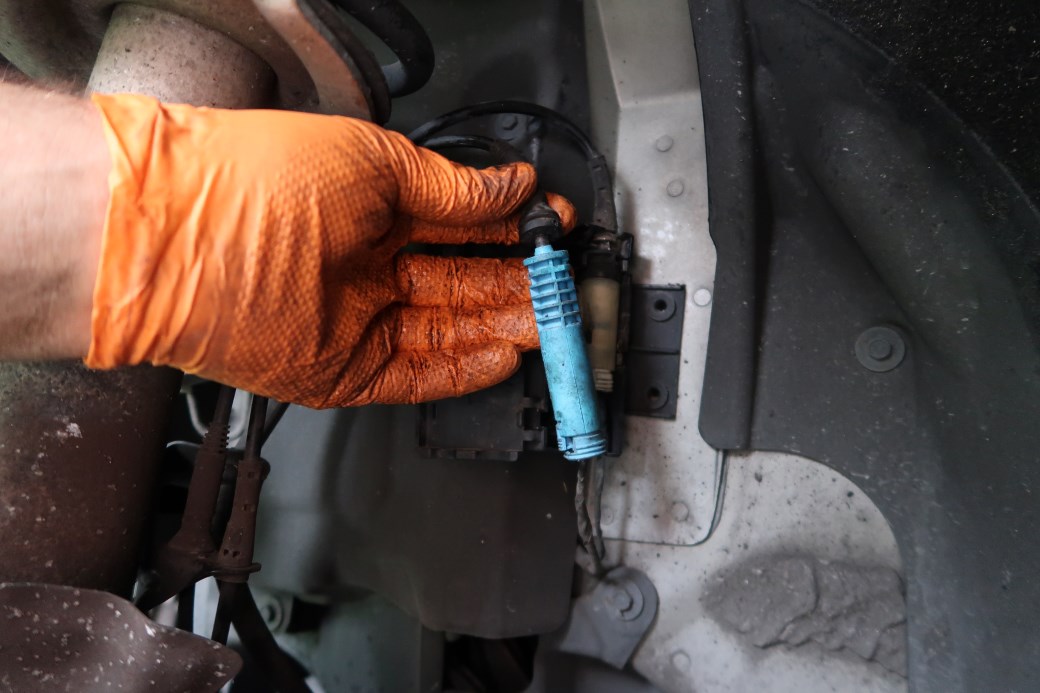 If you are driving and the sun is high and the weather is really hot, the AC in your car is there to save you. But what happens if it does not come to your rescue? Or worse still, what if the AC blows hot air instead?
If you are driving and the sun is high and the weather is really hot, the AC in your car is there to save you. But what happens if it does not come to your rescue? Or worse still, what if the AC blows hot air instead?
If this happens, then you should know that something is wrong. This might be because there is too much Freon in your car. Do you know what really happens if there is too much Freon in your car due to overcharging? Do you know what the side effects can be? If you do not know, this article will provide you with the necessary information.
If your car’s AC does not circulate cool air as it is supposed to, it may be because the air conditioning system is damaged. And one possible cause of AC damage is overcharging. While the Freon gas makes your car’s air conditioner produce cool air, too much coolant is dangerous to the car itself. You will learn more about the Freon and how it works and what happens if you have too much refrigerant in your car’s AC system.
What happens if you put too much refrigerant in your vehicle’s AC?
Your car’s AC produces cool air because of the Freon gas. This is a compressed gas that works in the air conditioning unit. Overcharging produces excess Freon and your car’s AC cannot tolerate the excess Freon gas. It will begin to malfunction and if it is not handled immediately, it can damage the compressor.
Symptoms of overcharged AC
Knowing that you can overcharge your car’s AC, it is essential to know what happens when you overcharge it. Some symptoms will indicate that you have overcharged your AC. If you notice these signs, you have to act accordingly and quickly.
1. The air conditioning unit is unable to blow out cold air immediately
Usually, the air conditioning unit in your car responds the moment you put it on if you use it regularly. However, if you have not driven the vehicle for some time, it will take a while before the air conditioning unit responds.
So, if you use your car regularly and your car’s AC does not respond on time when you put it on, it may be the problem that the Freon is in excess. The excess Freon weighs down the compressor, giving it too much work to do. This issue will slow down the AC’s functioning speed.
2. Your AC performs poorly or does not perform at all
Your AC depends on the Freon gas to generate cold air. If there is excess Freon in the AC, it will perform poorly. Overcharging your AC makes it malfunction. The amount of cold air it generates becomes low because the compressor labors to perform its usual task due to excess Freon. Although the AC tries to perform its functions, the results will be poor. In the worst-case scenario, the AC will become a heater, releasing hot air.
3. The pressure gauge shows a high amount of Freon
One way to know if there is excess Freon on your AC is through the pressure gauge.
From the indication on the pressure gauge, you will know if there is excess Freon in the AC system. Why this is dangerous is that with high pressure comes high temperatures. The combination of high pressure and high temperature is a fast killer of your car’s AC unit.
4. The compressor emits a noise
If your compressor emits a kind of noise, it is an indication that there is excess Freon in there. The Freon in the AC unit changes from gaseous to liquid form and vice versa. The Freon needs ample space for this moment. Also, the compressor needs space for the cool air to travel. With excess Freon, the whole unit is filled up. As such, the compressor works extra hard to transport coolants through the lines. This results in the noisy sound you hear.
5. The AC unit draws more power
With excess Freon taking up all the space and the compressor working extra hard, the unit draws more power to complete its tasks.
6. The AC unit breaks down
With the effects of excess Freon in the AC, it is only a matter of time before it crashes, if it is not fixed on time.
What happens when there is excess Freon in your car?
Excess Freon in your vehicle will boost the pressure and subsequently the temperature. If not fixed, the excess refrigerant will damage the internal components of the AC, making it malfunction. Worst case scenario, the AC unit will break down completely. Once there is excess Freon in your AC unit, fixing it immediately is the right move.
How much Freon is safe for a car?
The amount of Freon that is safe for a car depends on the car’s model. However, 3 pounds on Freon will not hurt any vehicle. Despite this, it is safe to contact a mechanic or refer to the manufacturer’s recommendation to know what is best for your car’s AC.
How to know when your AC’s Freon is low
Here are some signs your car’s AC is running short of Freon:
-
It blows out hot air
-
Freon in the liquid form looks greasy.
-
Clutch not engaging to assist the compressor
-
Moisture circulates in the system instead of Freon.
How often should I refill Freon in the AC?
There is no need to monitor the Freon for replacement so long as your AC is working fine. However, professionals recommend replacing the Freon every 12 years or more. This notwithstanding, you might have a reason to refill Freon before this suggested time, if there is leakage, for instance.
Conclusion
Excess Freon in your car is not good for the AC. The damage can be minor if it is noticed and fixed on time. However, the entire AC unit can be damaged if not fixed on time. There are symptoms of excess, as well as insufficient Freon in your AC. If handled on time, the AC can last for many years.


